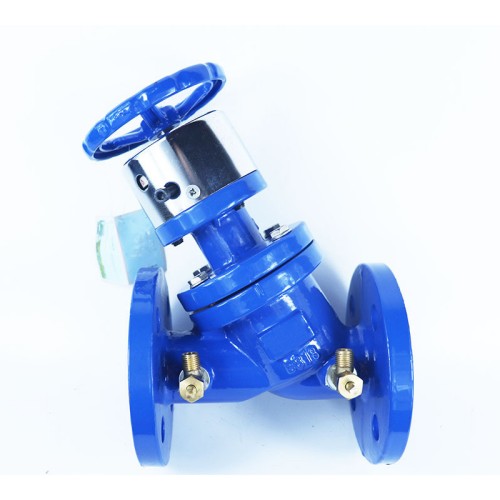forging pipe fittings
Forging Pipe Fittings A Comprehensive Overview
In the realm of industrial applications, pipe fittings play a critical role in ensuring the integrity and functionality of piping systems. Among the various methods of manufacturing these essential components, forging stands out due to its strength, durability, and reliability, making it a preferred choice in many industries. This article delves into the importance and benefits of forging pipe fittings, the forging process itself, and its diverse applications.
Understanding Forging
Forging is a manufacturing process that involves shaping metal using compressive forces. It can be performed hot or cold, depending on the desired properties of the finished product. When applied to pipe fittings, forging provides a superior grain structure that enhances strength and resilience. Unlike casting, which can introduce defects such as porosity and inclusions, forging ensures a more uniform density throughout the component, making forged fittings less susceptible to failure under high-pressure conditions.
The Forging Process
The forging of pipe fittings begins with selecting high-quality metal, commonly carbon or stainless steel, due to their excellent mechanical properties. The chosen material is then heated to a temperature that makes it malleable. Once at the appropriate temperature, it is placed into a die, and a hammer or press is used to apply force, shaping the metal into the desired form. This process may involve several stages, including trimming, cooling, and machining, to achieve the final specifications.
One of the significant benefits of the forging process is its ability to create complex shapes while maintaining structural integrity. Forged pipe fittings can be produced in various configurations, including elbows, tees, reducers, and flanges, catering to specific requirements of different piping systems.
Advantages of Forged Pipe Fittings
forging pipe fittings

2. Resistance to Fatigue Forged fittings exhibit superior fatigue resistance due to their refined internal grain structure, which minimizes the risk of micro-cracks developing over time.
3. Cost-Effectiveness Although the initial cost of forging can be higher than other manufacturing methods, the long-term benefits—such as lower maintenance costs and longer service life—can lead to significant savings.
4. Versatile Applications Forged pipe fittings are widely used in several industries, including oil and gas, petrochemical, water treatment, and power generation. Their ability to perform reliably in harsh conditions makes them a preferred choice among engineers.
5. Tight Tolerances The precision of the forging process results in components that can be manufactured to exact specifications, reducing the risk of leaks and ensuring optimal system performance.
Applications of Forged Pipe Fittings
Forged pipe fittings find application in a variety of systems that require safe and efficient fluid transport. In the oil and gas sector, for instance, they are used to connect pipes and valves in high-pressure applications such as pipelines, refineries, and offshore platforms. In chemical processing, forged fittings are essential for handling corrosive substances, as they can be treated or made from specialized alloy materials that enhance corrosion resistance.
The water treatment industry also relies on forged fittings to create dependable connections in systems that transport potable water and wastewater. Furthermore, in the power generation sector, these fittings play an integral role in steam and gas systems, contributing to efficient energy production and management.
Conclusion
In summary, forging pipe fittings is a critical manufacturing process that ensures high-quality, durable, and reliable components essential for a multitude of industrial applications. Their strength, fatigue resistance, and versatility make them indispensable in critical infrastructure sectors. As technology continues to advance, the forging process will likely evolve, further enhancing the performance and application of pipe fittings in various industries. Understanding the benefits and applications of forged pipe fittings is crucial for professionals in engineering and construction, ensuring the longevity and safety of piping systems across the globe.
-
Breakthrough in Domestic Low Temperature Valve Technology in ChinaNewsAug.18,2025
-
From Machinery to Intelligent Brain: The Digital Transformation Wave of the Valve IndustryNewsAug.18,2025
-
PCVEXPO 2025NewsAug.18,2025
-
The Key to Fluid Control: Exploring the Advantages of Ball Valves in Industrial SystemsNewsJul.09,2025
-
The Versatile World of 1, 2, and 3 Piece Ball ValvesNewsJul.09,2025
-
Stainless Steel Ball Valves: The Ideal Choice for Efficient Flow ControlNewsJul.09,2025
-
Optimizing Fluid Control with Ball Float ValvesNewsJul.09,2025




